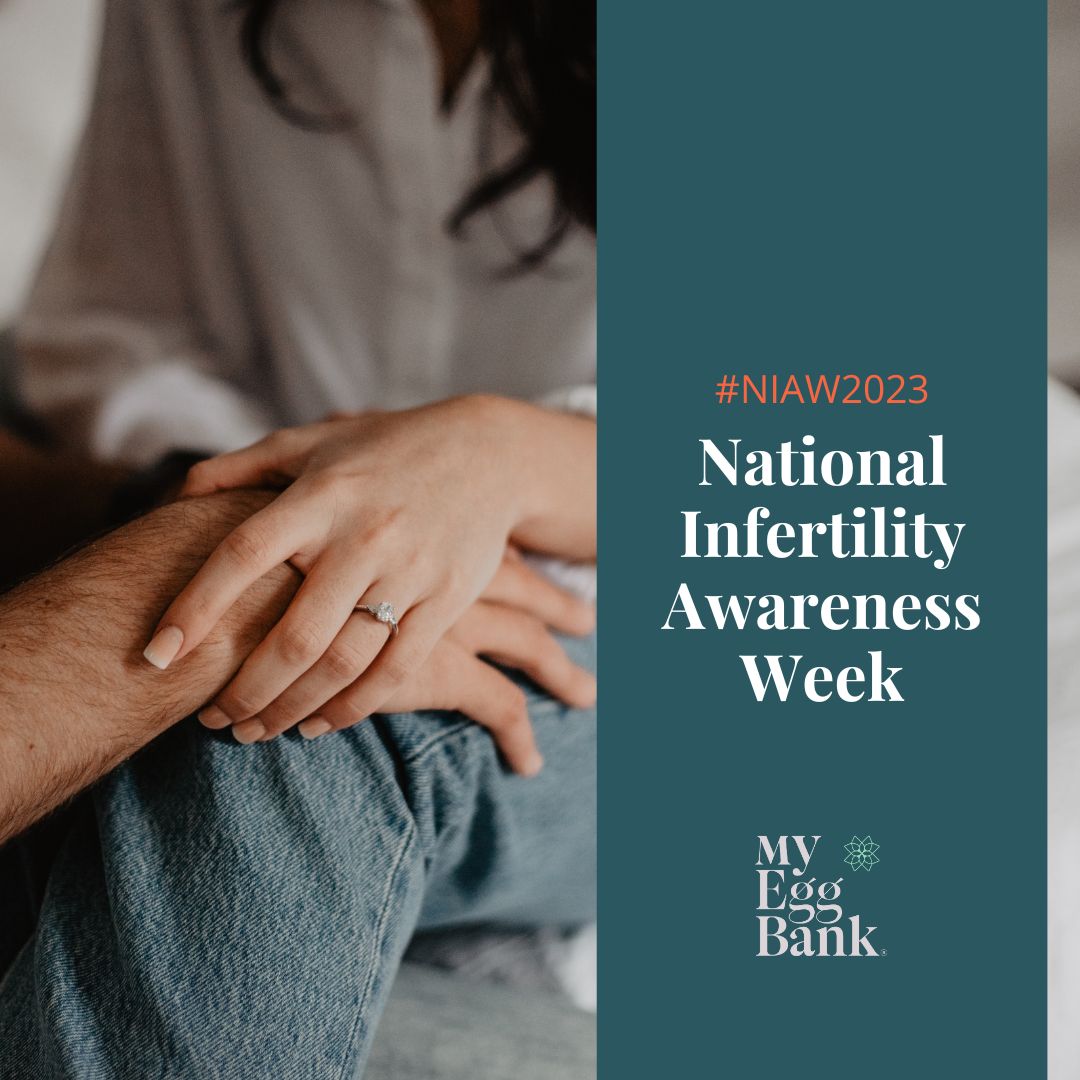What You Need To Know About Secondary Infertility
by MyEggBankin InfertilityDecember 29th, 2021

Secondary infertility impacts thousands of couples across the country every year, but we hear so little about the condition. When you’ve already had a successful pregnancy and delivery and then try for another child, it can be heartbreaking and confusing when you’re not having success. After all, you were able to conceive, carry, and deliver a baby once – why shouldn’t you be able to do it again when you’re ready?
The reality is that there could be a number of reasons for secondary infertility. Treatment is possible, however, especially when it comes from experienced fertility specialists who work with couples dealing with this issue. Let’s start with the basics.
What is secondary infertility?
Secondary infertility refers to the inability to conceive after already having a successful pregnancy and delivery.
What causes secondary infertility?
There are several possible causes, and they can include:
- Male factor infertility, such as lowered sperm count, impaired sperm quality, etc.
- Female reproductive disorders, such as endometriosis
- Medical complications from a previous pregnancy or delivery
- Some medications that can impact fertility
- Lifestyle factors, for example, underlying health conditions, obesity, etc.
- Patient age
When should you connect with a specialist?
Whether you already have a child or not, recommendations are the same. Females under the age of 35 are typically advised to wait for a year after trying to conceive without success before connecting with a fertility doctor. Females 35 or older are typically advised to wait six months before connecting with a fertility doctor.
Of course, if a known medical condition that could impact fertility is present, then it’s advised to seek care while trying to conceive to help rule it out as a cause.
How is secondary infertility treated?
Because the causes of secondary infertility can vary widely, your recommended course of treatment will depend on why your doctor believes you cannot conceive and the best possible course of treatment. In vitro fertilization (IVF) is a common treatment used in cases of secondary infertility, and in some situations, an egg donor may be needed if the diagnosis relates to female infertility due to diminished egg quality and quantity.
If you have been diagnosed with secondary infertility and need an egg donor, contact MyEggBank today. We also invite you to learn more about our Live Birth Program, an industry first for aspiring parents.




